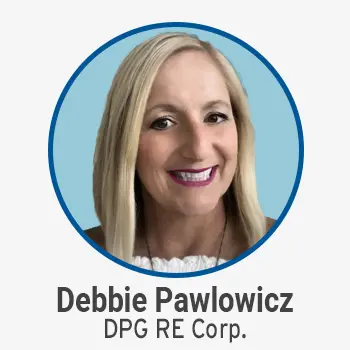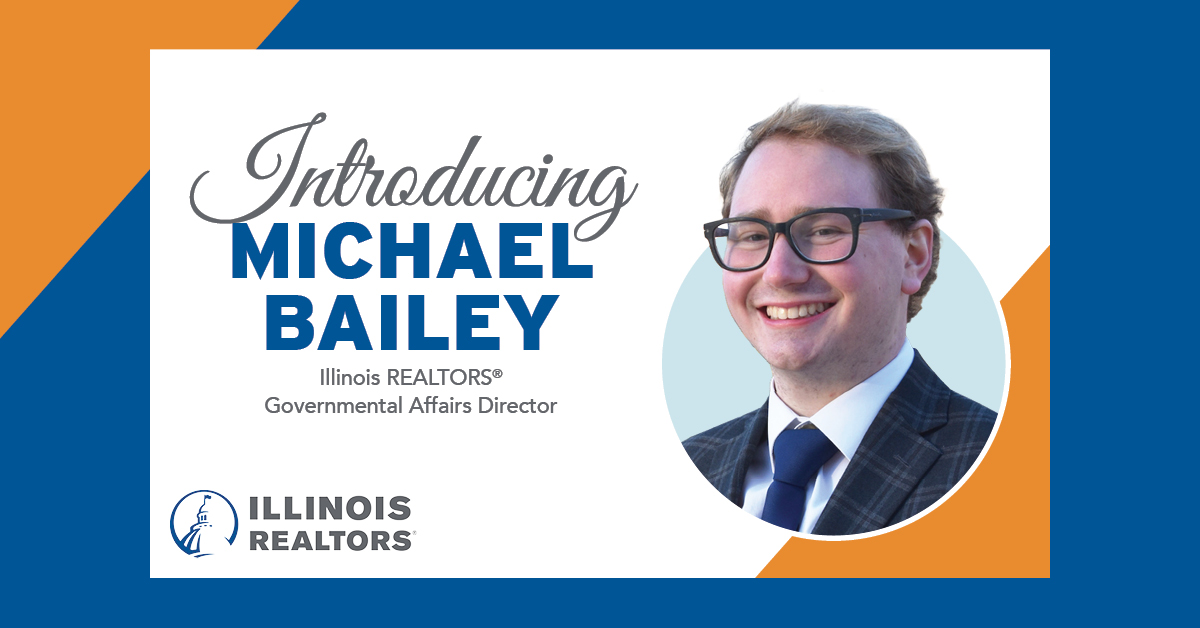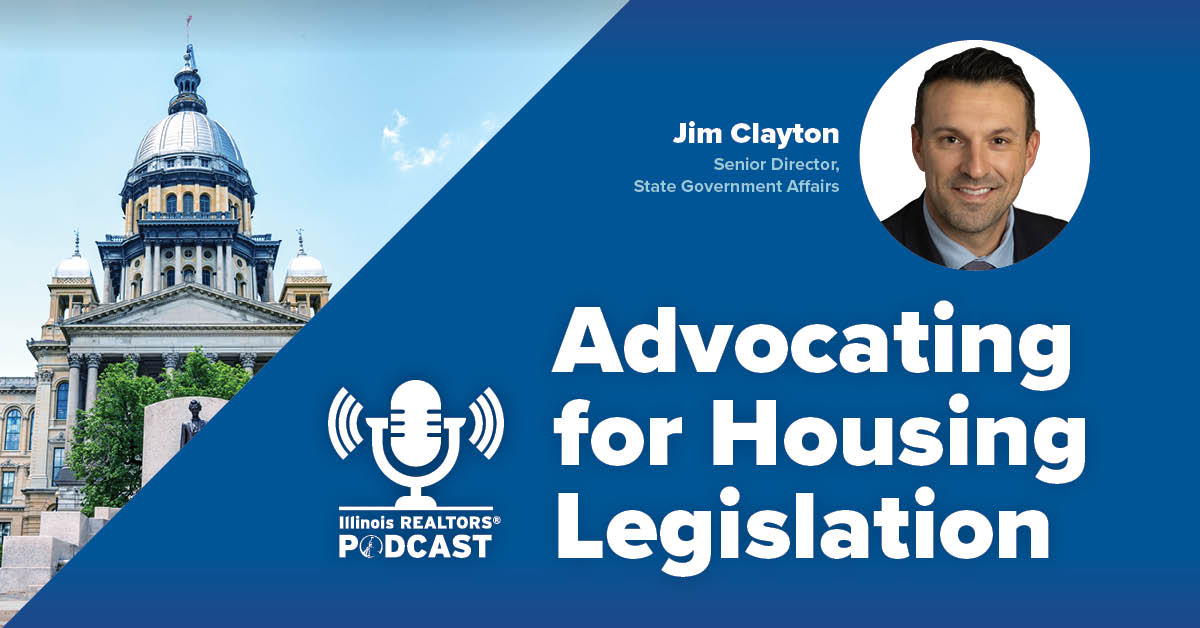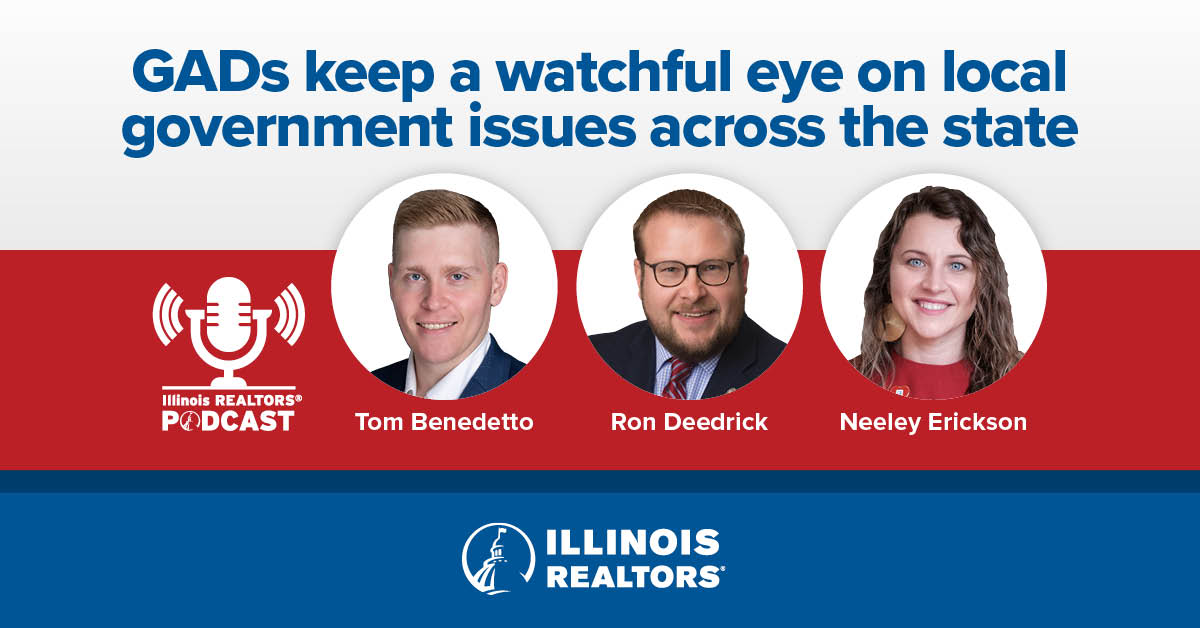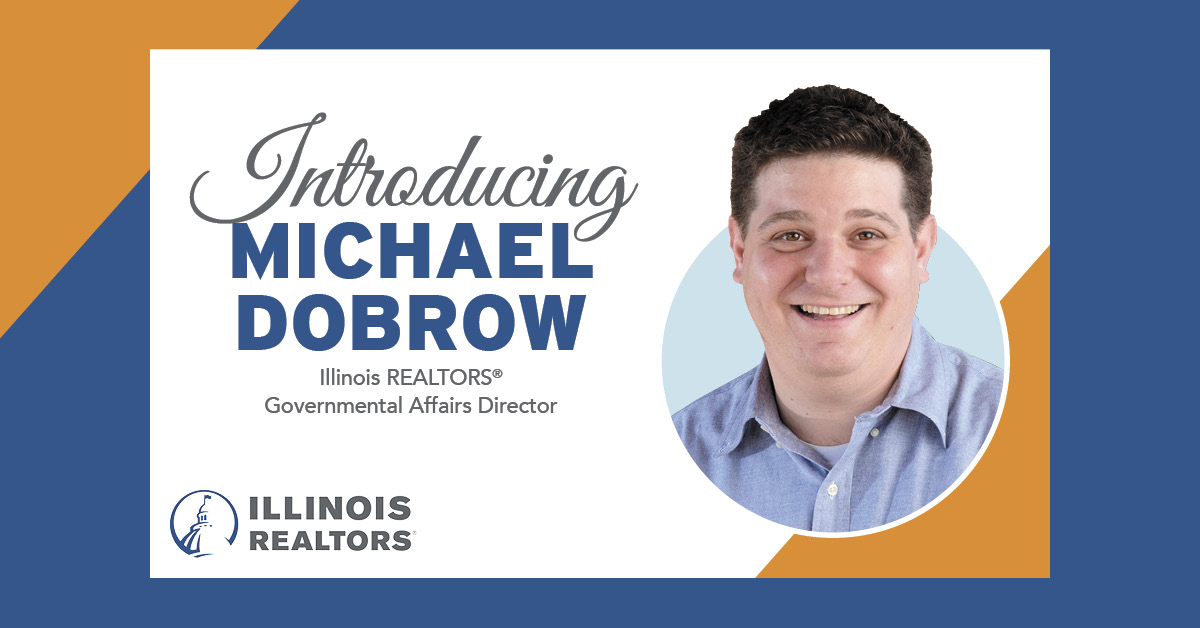With the Illinois March 20 Primary Election fast approaching, it is time again to pay attention to the candidate races and the issues that affect the real estate industry.
One issue that comes up in every election cycle is Home Rule. Pursuant to the Illinois Constitution, a municipality can seek to become a home rule unit if the voters approve it in a referendum. A municipality automatically becomes a home rule unit when its population reaches 25,000. With home rule status come additional powers to regulate and tax.
In past years, several home rule municipalities have abused their powers, particularly when it comes to real estate. They will attempt to control property transfers through point-of-sale inspections. Sometimes, municipalities will block the sale/transfer of property (usually through denying the issuance of transfer stamps) until the municipality is completely satisfied in terms of code enforcement. In addition, other home rule units have imposed other regulations on property owners regarding inspections of apartment buildings and vacant homes, landlord-tenant relationships, crime prevention measures. Some home rule units have passed demolition taxes, unfettered impact fees and excessive fees with the inspection programs.
A broad range of taxation options are available to home rule municipalities. Prior to 1997, home rule units could freely adopt a real estate transfer tax. But in 1997, a new law went into effect which put a limit on this. (The Illinois Association was instrumental in getting this law passed.) Home Rule units must go to a referendum to get a transfer tax adopted or increased. Except for this limitation—and a few others that are set forth in state law—home rule units are free to enact any kind of tax (except an income tax) they want. Home rule units are even exempt from the Property Tax Caps law.
The Illinois Constitution specifically states that only home rule units can incur debt. This enables home rule units to do long-term financing of infrastructure projects. This can be good for a community and it can attract new businesses. This is a genuine benefit to being a home rule unit; economic development is important for all Illinois communities. However, the question of how the debt will be managed and financed is an important issue for citizens in existing home rule municipalities or those who are considering becoming a home rule unit.
This year, the following municipalities are seeking to become Home Rule:
- Clarendon Hills (DuPage)
- Itasca (DuPage)
- Lynwood (Cook)
- Merrionette Park(Cook)
- Princeton (Bureau)
- Prospect Heights (Cook).
In most of these towns, the RVOICE Program will send mail pieces to voters to inform them of the potential pitfalls of Home Rule.
Some Home Rule policies have posed some serious difficulties for property owners, sellers, buyers and REALTORS® in the real estate transaction process. We want to be sure that the voters know all the implications of handing home rule powers to their municipalities.




 Create professional development programs that help REALTORS® strengthen their businesses.
Create professional development programs that help REALTORS® strengthen their businesses.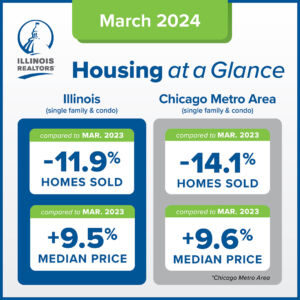
 Protect private property rights and promote the value of REALTORS®.
Protect private property rights and promote the value of REALTORS®.
 Advance ethics enforcement programs that increase REALTOR® professionalism.
Advance ethics enforcement programs that increase REALTOR® professionalism.
 Protect REALTORS® by providing legal guidance and education.
Protect REALTORS® by providing legal guidance and education. Stay current on industry issues with daily news from Illinois REALTORS®, network with other professionals, attend a seminar, and keep up with industry trends through events throughout the year.
Stay current on industry issues with daily news from Illinois REALTORS®, network with other professionals, attend a seminar, and keep up with industry trends through events throughout the year.
